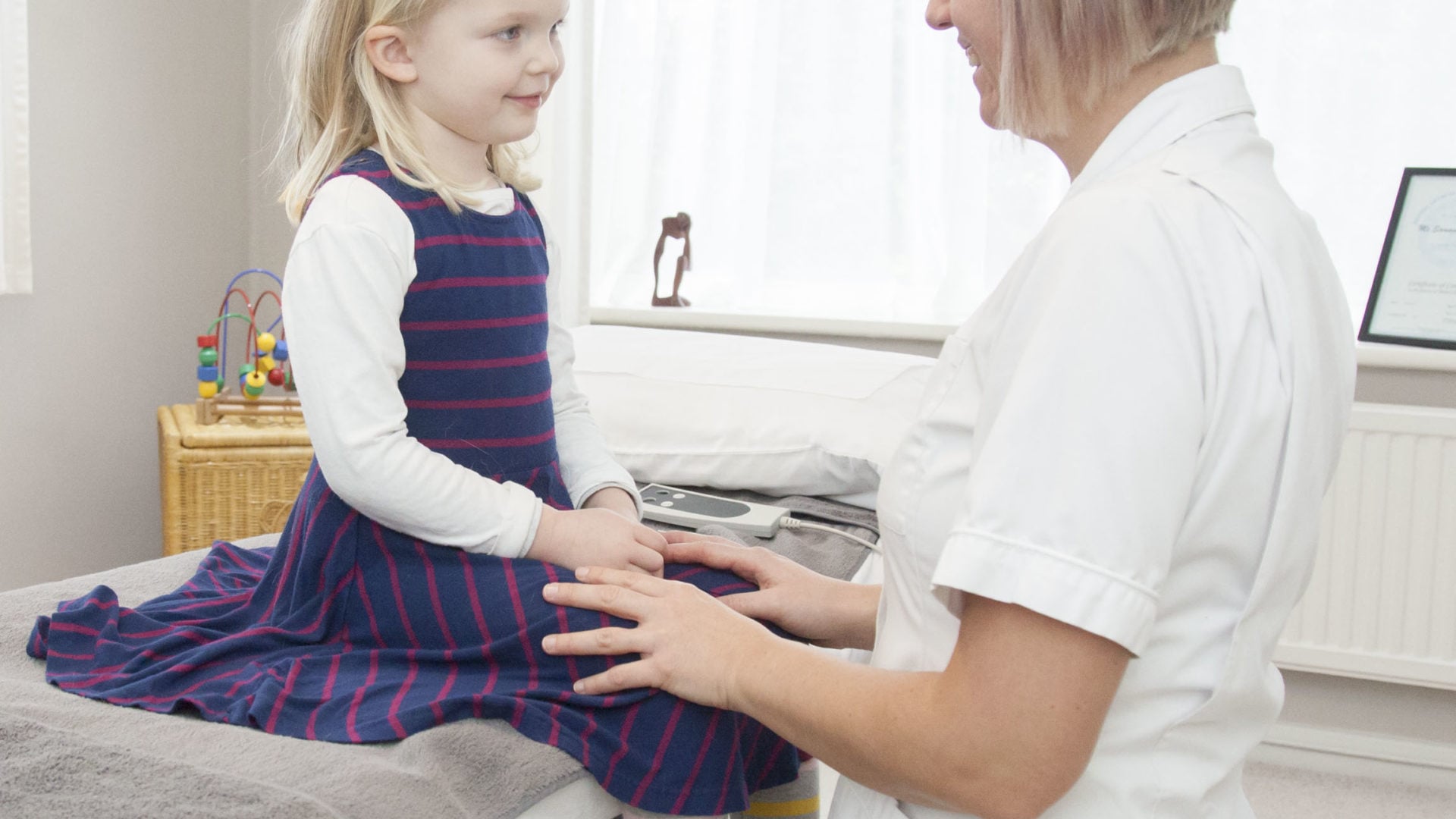Osteopathy during pregnancy.
Women’s’ bodies undergo significant changes throughout all stages of pregnancy, labour and then into motherhood. All that places demands on different areas of your body in different ways. Here at the OHC we can support you, not only during your pregnancy, but provide ongoing care, advice and support for you and your baby.

Treatment
Pelvic pain, lower back pain, headaches and hip pain are some the most common complaints during pregnancy. Osteopathic treatment is safe and effective during your pregnancy, easing muscle tension, aiding relaxation, helping with trapped nerves and much more.
Book now or please also see our sections on; What does treatment involve? and Osteopathy for babies and children
So how is your body being affected?
- Posture
As the baby grows and the uterus enlarges, the mother’s body must adjust to support the increased abdominal weight. This requires the muscles of the back to work harder and the natural curves in the spine to change. If the spinal muscles become tight, they can feel stiff and achy. Excessive forward rotation of the pelvis places pressure on the pubic symphysis and compresses the joints in the lower spine. Postural changes impact all the way up to the neck and shoulders even contributing to fatigue and tension headaches.
- Hormones in Pregnancy
From early pregnancy, hormonal changes begin to soften the ligaments throughout the body in preparation for labour. As a result, joints which are under pressure from the postural changes and weight increase can be over stretched causing considerable pain and disability such as in symphysis pubic pain/pelvic girdle pain (SPD/PGP).
- Pre-existing conditions
Any previous back problems or unresolved injuries may contribute to difficulties in accommodating the changes of pregnancy. Poor posture or stiff areas in the spine affects the body’s freedom to adjust leading to pain and discomfort.
- Stress
In addition to stress causing muscle tension, research has shown that stress or anxiety in pregnancy may affect the developing baby. High adrenaline levels in the mother are mirrored by the baby, who is more likely to be unsettled after the birth and suffer from infantile colic.

